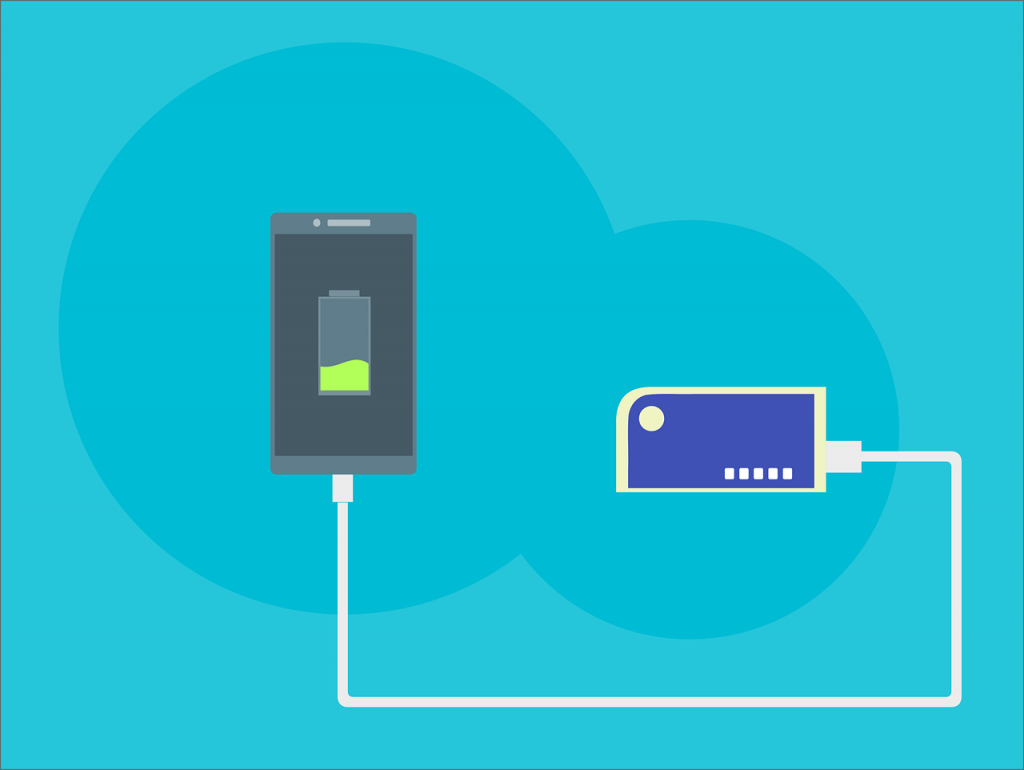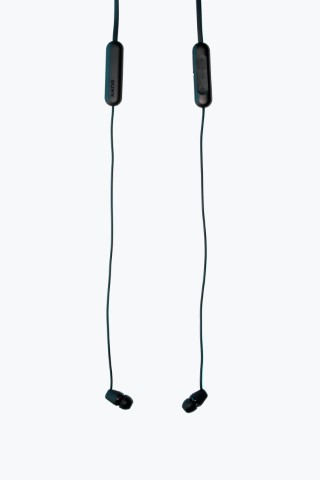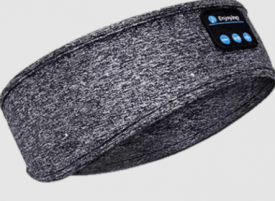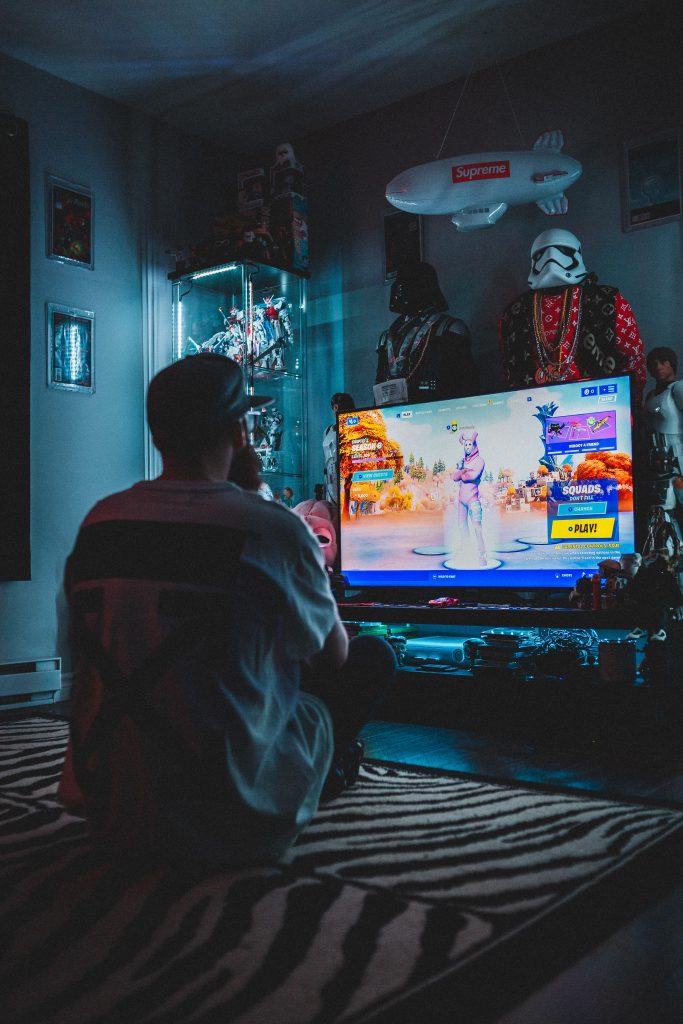- Why does it hurt your eyes to watch tv? An introduction to the article
- Section 1: Adjust the Display
- Section 2: Take Breaks
- Section 3: See an Optometrist
- Section 4: Use Eye Drops
- Section 5: Don’t forget to blink
- Can you take supplements to help with eye strain?
- The best vitamins and minerals for eye health
- How to choose the right supplement for your needs
- The bottom line on supplements for eye health
- Conclusion
Why does it hurt your eyes to watch tv? An introduction to the article
If you are squinting or getting headaches after watching TV, you may suffer from eye fatigue. Eye fatigue is a common condition that can be caused by extended periods of screen time. While it is not a severe condition, it can be uncomfortable and may lead to other problems if left untreated. You can do a few things to ease the discomfort of eye fatigue and make your TV viewing experience more enjoyable.
Section 1: Adjust the Display
If you spend a lot of time watching television, it’s essential to take measures to protect your eyesight. One way to do this is to adjust the display on your TV.
You can do a few things to adjust the display on your TV so that it is easier on your eyes. First, you can increase the contrast, making the colors on the screen more vibrant and easier to see.
You can also increase the screen’s brightness, which will help reduce eye fatigue and make it easier to see the images on the net. Finally, you can reduce the amount of blue light emitted from the TV. Blue light can harm your eyes and cause fatigue, which will help reduce eye strain. One of the things that we know about Blue Light is that it can impact your sleep pattern, so this is pretty important to keep in mind.
Section 2: Take Breaks
If you’re spending a lot of time looking at screens, you can reduce eye fatigue by following the 20-20-20 rule: every 20 minutes, take a 20-second break and look at something 20 feet away.
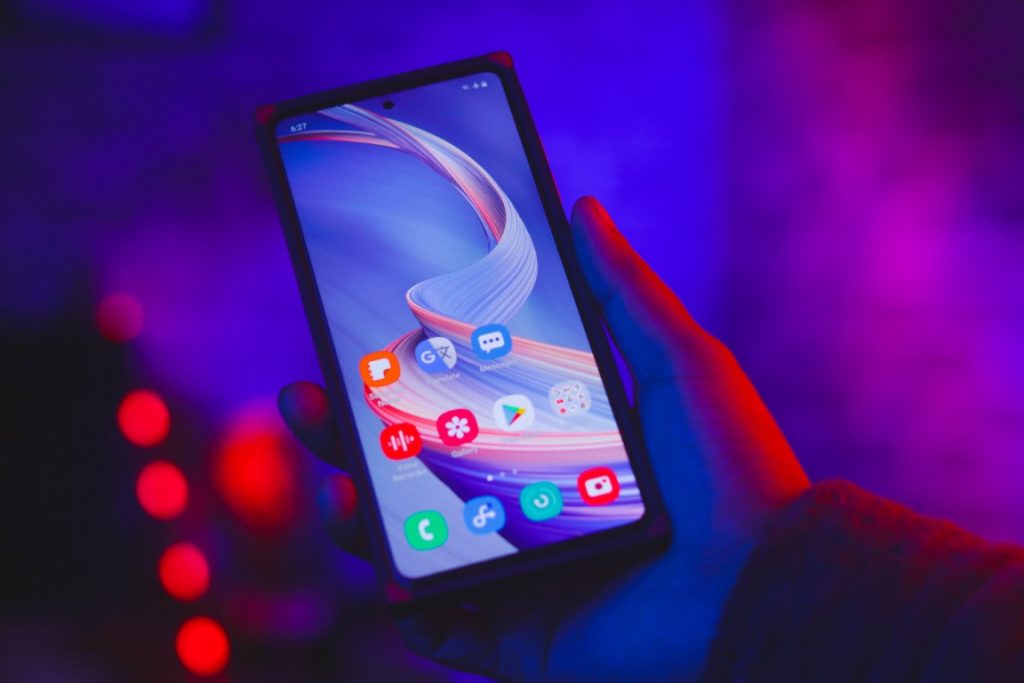
You can also try the 10-10-10 rule: every 10 minutes, take a 10-second break and look at something 10 feet away. This is a great rule to apply to anything with a screen, whether it is a tv, computer, cell phone, etc.
For both rules, it’s crucial to blink often and to give your eyes a chance to move around.
Section 3: See an Optometrist
If you spend a lot of time watching television, your eyes may feel strained or tired, and this is because the eye is constantly moving back and forth to track the images on the screen. To help alleviate this strain, it is essential to see an optometrist for a comprehensive eye exam.
An optometrist can help determine if you are experiencing any vision problems affecting your ability to watch television. They can also prescribe glasses or contact lenses to help reduce eye strain. In addition, they can provide tips on how to position yourself in front of the TV so that your eyes are not strained.
If you are experiencing any vision problems, it is essential to see an optometrist so that they can prescribe the appropriate treatment. By getting a comprehensive eye exam, you can ensure that your eyes are healthy and able to watch television without strain.
Section 4: Use Eye Drops
It’s no secret that spending too much time in front of a screen can lead to eye strain. But there are a few things you can do to make your eyes feel better.
A straightforward way to help your eyes is to use artificial tears or eye drops. Eye drops can help relieve dryness, itchiness, and irritation.
Just be careful not to overuse them. If you use them more than four times a day, they can make your eyes more irritated.
If you’re looking for a more long-term solution, you might want to try wearing computer glasses. These have a special coating that helps reduce glare and eye fatigue.
Section 5: Don’t forget to blink
As we stare at screens for hours, it’s important to remember to blink. Blinking lubricates our eyes and gives our vision a much-needed break.
Our eyes can dry and irritated when we don’t blink enough. This can lead to computer vision syndrome, which can cause various problems, including headaches, neck and shoulder pain, and even dizziness.

So how can we make sure we remember to blink? One method is to set a reminder on our phones or computers. Every 20 minutes or so, take a break from staring at the screen and give your eyes a rest by blinking ten times in a row. If you find you are staring directly at the lights for a while you might want to look at backlighting as well, which we provide a couple of ways to implement in our DIY LED light projects that can help reduce eye strain.
Can you take supplements to help with eye strain?
Supplements are an essential part of keeping your eyes healthy. Here’s why:
They can help improve your vision.
Some supplements, such as omega-3 fatty acids, have been shown to help improve vision. Omega-3s help protect the eyes from dry eye and age-related macular degeneration.
They can help prevent or slow down eye disease and help with eye strain caused by everyday issues.
Several studies have shown that certain supplements can help prevent or slow the progression of eye diseases such as cataracts and macular degeneration. For example, antioxidants such as vitamins C and E, zinc, and lutein all protect the eyes from damage caused by free radicals.
Here is a great video that goes over a couple of different ways you can try to resolve the issues on your own as well:
The best vitamins and minerals for eye health
As we age, our eyesight can begin to deteriorate, and if you couple this with staring at screens for hours a day, our eyes might start to have issues earlier and younger than in previous generations. This is why it’s essential to ensure we get the right vitamins and minerals for eye health.
Some of the best vitamins and minerals for eye health include vitamins A, C, E, Zinc, and Lutein.

Vitamin A is essential for vision and can be found in foods like carrots, sweet potatoes, and eggs. Vitamin C is also crucial for vision and helps to protect the eyes from damage caused by free radicals. It can be found in citrus fruits, kale, and Brussels sprouts.
Vitamin E is another essential vitamin for eye health. It helps to protect the eyes from damage caused by UV rays and can be found in foods like nuts and seeds. The top supplements for eye health
How to choose the right supplement for your needs
Regarding supplements, there are many different options available on the market, and it can be challenging to know which supplement is right for you. Here are a few things to keep in mind when choosing a supplement for your needs:
1. What are your specific health goals?
Do you want to improve your overall health? Are you looking for something to help with a specific condition? Make sure the supplement you choose is designed to help your goals.
2. What ingredients are in the supplement?
Ensure you understand what ingredients are in the supplement and how they work. Some supplements may not be suitable for people with allergies or other medical conditions.
3. What do the reviews say?
Always check the reviews before taking any supplements. See what other people have said about it – both good and bad.
The bottom line on supplements for eye health
Many supplements claim to improve eye health, but do they work? Here’s a look at the evidence for some of the most popular vitamins and supplements for eye health.
Lutein and zeaxanthin are carotenoids found in high concentrations in the macula, the part of the eye responsible for central vision. These nutrients are thought to protect the macula from damage by filtering out harmful blue light. Some studies have found that taking lutein and zeaxanthin supplements can increase macular pigment density and improve visual acuity, but more research is needed to confirm these effects.
Vitamin A is essential for night vision and maintaining a healthy eye surface. Vitamin A deficiency can lead to dry eyes, night blindness, and other problems.
Conclusion
You should follow these simple tips to make your eyes easier on the TV:
- Adjust the brightness and contrast settings on your television.
- Take regular breaks while watching TV to allow your eyes to rest.
- Keep your distance from the TV screen, so you are not straining your eyes.
Following these tips can reduce the strain on your eyes and make watching TV more enjoyable. And if you find this isn’t enough it might be worthwhile to check out the supplements that we listed above. We know the pain that comes with staring at screens all day, as it seems to be a necessary evil with todays reliance on tech and screens.

